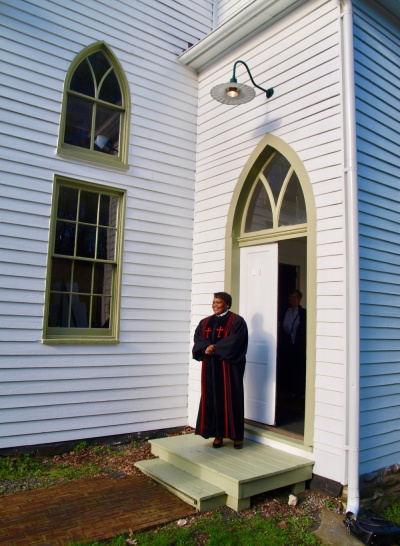What should be the role of women in church? (Part 1)

The issue of women serving as church leaders is either a very easy or a very difficult question.
Some think that the Bible categorically forbids this recognition, while others argue for equal leadership rights for both genders regardless of what the Bible might teach on the subject.
But many of us struggle with this issue and want to know what the Bible says. This essay is intended to provide an overview of this complex subject, including succinct statements of my interpretive positions on these passages.
Note that we are seeking not our will but God’s. Our opinions are not at the heart of the discussion, but God’s revealed word on the subject. So, what do the Scriptures teach on this issue? How should we apply their teaching to our church and our lives?
Six biblical passages are considered by interpreters to relate directly to our discussion. The last five have been the subjects of very extensive scholarly interest, doctoral dissertations, and intense academic debate. It is not our purpose to discuss such scholarship in detail. Rather, we will study each passage briefly, consider the larger question of women in biblical leadership, review a very succinct history of this issue from the biblical era to the present, then draw conclusions for our church and ministry.
“There is neither Jew nor Greek, slave nor free, male nor female.”
Our first text speaks to the general question of God’s view of the genders. In Paul’s letter to the Galatian church, addressing Gentiles who came to Christ through his first missionary journey, the apostle includes the following good news:
“You are all sons of God through faith in Christ Jesus, for all of you who were baptized into Christ have clothed yourselves with Christ. There is neither Jew nor Greek, slave nor free, male nor female, for you are all one in Christ Jesus. If you belong to Christ, then you are Abraham’s seed, and heirs according to the promise (Galatians 3:26-29, NIV).
Paul’s statement abolishes the inequality of women common to the first century. In a day when women were the property of their fathers or husbands, with no civil or personal rights or identity, the apostle makes clear that we are “all” the children of God through faith in Christ Jesus. Every barrier—Jew and Gentile, slave and free, male and female—must fall before the universal love of God.
As a result, our present discussion regarding women as deacons in no way calls into question the value of women to our faith or our church. Whatever a person believes about the question before us, we must all agree that women are as loved by God as men, and equally important to our church and our faith.
In addition, this passage is considered by some to relate directly to the question of women in leadership. It can be interpreted to mean that all Christians are equally free and called to ministry leadership, whatever their racial, ethnic, or gender distinctions. Or it can be read to support the equal standing of all people in God’s love but not God’s call to ministry. In other words, in this view women are as loved by God as men, but they are not given the same responsibilities in ministry leadership.
My position: I certainly recognize the fact that our text does not specifically assign leadership function to men or women, Jew or Greek, slave or free. At the same time, I would suggest that the “promise” (v. 29) to which men and women are heir includes both salvation and service. Abraham’s covenant with God related not only to his eternal life but also to his work in sharing that grace with others. He was a conduit through whom God’s saving purpose would be extended to the world (Ro. 4:18). In the same way, both men and women, Jews and Greeks, slave and free are called to share and lead in Kingdom ministry.





















